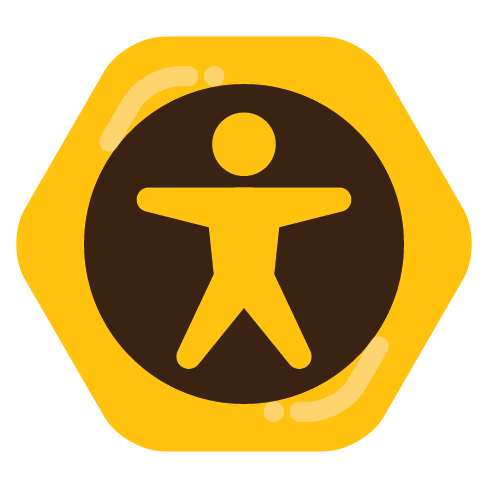

Hooo boy. This article is wildly misrepresenting both the study and it’s findings.
- The study did not set out to test ability to judge real/fake news across demographic differences. The study itself was primarily looking to determine the validity of their test.
- Because of this, their validation sample is wildly different from the sample observed in the online “game” version. As in, the original sample vetted participants, and also removed any who failed an “attention check”, neither of which were present in the second test.
- Demographics on the portion actually looking at age differences are… let’s say biased. There are far more young participants, with only ~10% over 50. The vast majority (almost 90%!) were college educated. And the sample trended liberal to a significant degree.
- All the above suggests that the demographic most typically considered “bad” at spotting fake news (conservative boomers who didn’t go to college) was massively underrepresented in the study. Which makes sense given that participation in that portion relies on largely unvetted volunteers to sign up to test their ability to spot fake news.
Most critically, the study itself does not claim that differences between these demographics are representative. That portion is looking at differences in the sample pool before/after the test, to examine its potential for “training” people to spot fake news (this had mixed results, which they acknowledge). This article, ironically, is spreading misinformation about the study itself, and doing the researchers and its readers a great disservice.





Thank you for this!
I have to say though, it’s really interesting to see the reactions here, given the paper’s findings. Because in the study, while people got better at spotting fake news after the game/test, they got worse at identifying real news, and overall more distrustful of news in general. I feel like that’s on display here - with people (somewhat correctly) mistrusting the misleading article, but also (somewhat incorrectly) mistrusting the research behind it.